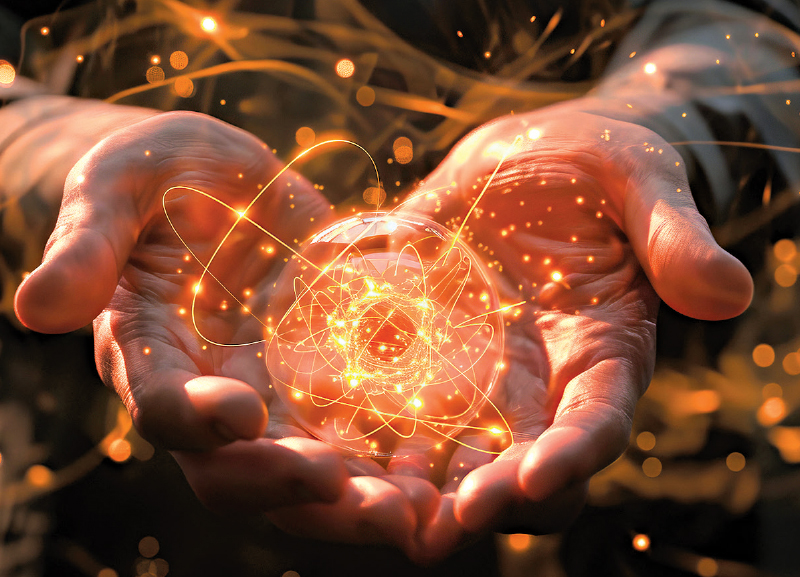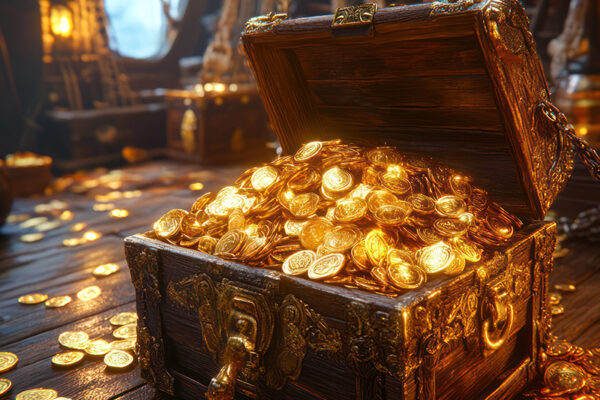
Epicurus once said,
“Is God willing to prevent evil, but not able?
Then he is not omnipotent.
Is he able, but not willing?
Then he is malevolent.
Is he both able and willing?
Then whence cometh evil?
Is he neither able nor willing?
Then why call him God?”
I don’t believe anyone has ever gathered an answer to that question, or perhaps there are several answers but the right one is known to none. As kids, many of us are told to pray and preach, to fast for God, to believe in God, and many of us have followed those words, unquestioning and believing. Atheism is frowned upon, and we walk through the paths of our parents and retrace their beliefs without doubt, never asking anyone why we call him God.
Or who is God?
People say that God is the creator and the ruler, and he’s known to be omnipotent, omnipresent and omniscient, but do we ever ask ourselves why? Books and books are written debating his existence, but I suppose we always miss out on the actual question.
Why call him God?
In science, it is believed that there are hypotheses, things that cannot be proven, like if a tube light stops working, but when you change it and the new piece does work, it does not necessarily mean that the old tube light was faulty. It could simply mean that perhaps the power was out for those moments, or maybe the wires had failed to conduct electricity for that time.
God, I suppose, is a concept risen out of a failure to prove miracles. He is a hypothesis generated because people had no explanation for many things. In the past, several medical conditions were written off as the doing of God or the devil, and while we do have an explanation for the same things now, perhaps everything that right now we account for God for, is simply science that we have yet to discover.
The possibility and the probability of something can never be predicted entirely: like when we flip a coin, in truth, there isn’t a fifty-fifty chance that it may be heads or tails. It could fall on its side, or perhaps, it couldn’t fall at all. Maybe there’s more weight on one side increasing the odds, or perhaps we applied the force in a way that the coin could only flip a certain number of times in the air, and since we cannot fully predict something, discarding the idea of God would be wrong as well.
So, maybe there’s a God, or maybe there isn’t, and we are just crediting all the unexplainable events to him. Maybe these miracles are fate, and there are no otherworldly powers involved.
And even if there is a creator, lurking somewhere in the corners, why call him God?































